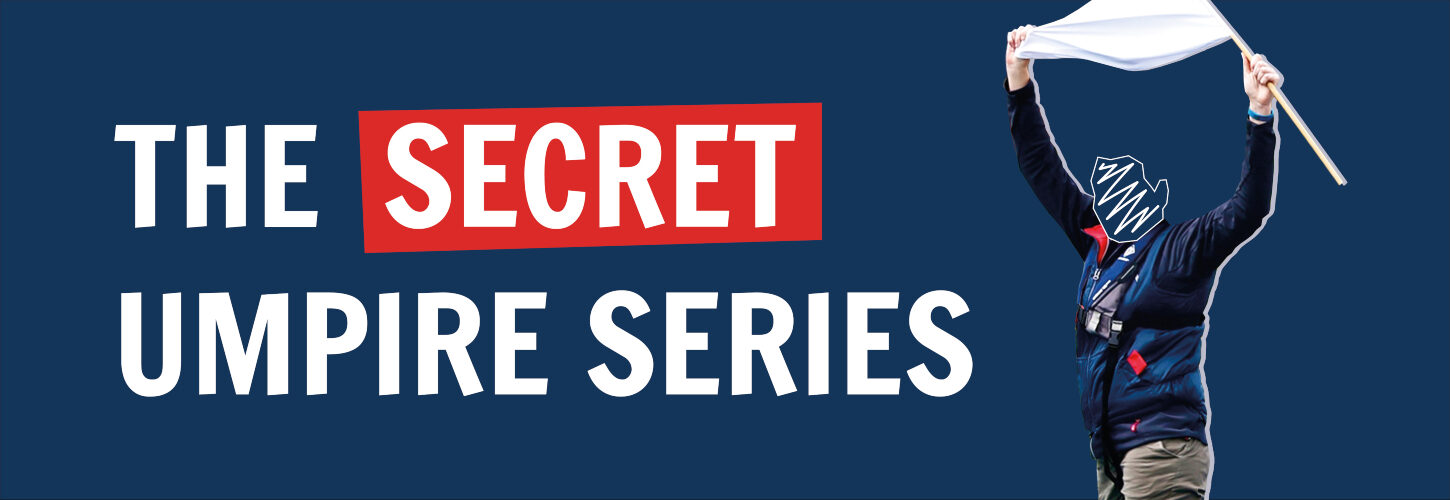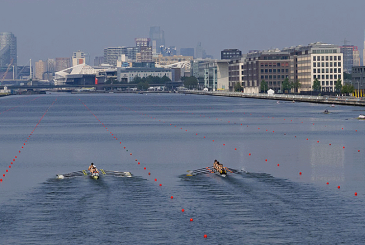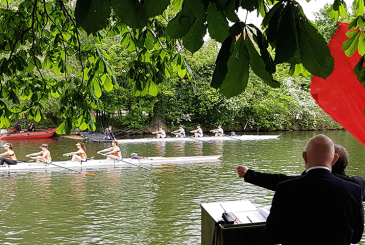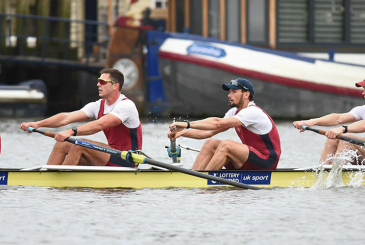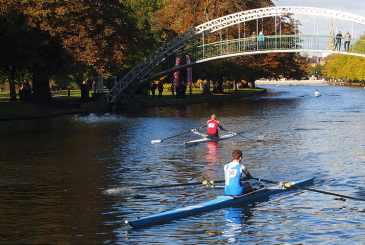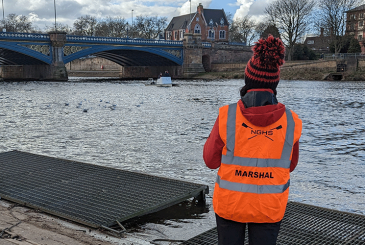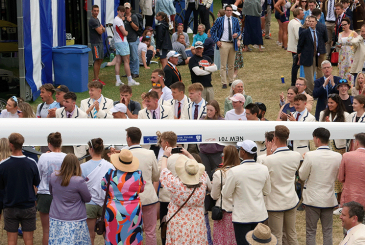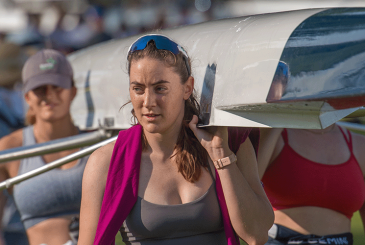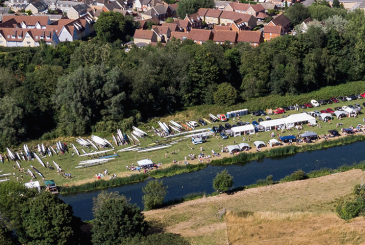In the final article in this series on the application of the Rules of Racing and their significance to the rowing community, we consider what goes into the decision to cancel a head race or regatta
High wind, strong stream, waterlogged trailer parks and lack of water making boating impossible can all lead to planned head races and regattas being cancelled in the days leading up to them. The scope of this article in The Secret Umpire series is to explain and justify why such decisions are made.
As I trust most readers are aware, the vast majority of our umpiring community is composed of those who previously were or, are currently still, competitors themselves. This, by, definition gives them possession of the empathy to understand just how disappointing and frustrating this will be for those who have worked hard in training to prepare to compete, only to be told they can’t splash an oar or scull in anger! Equally, the event itself will inevitably suffer financially and this often means a club or clubs will bear this loss.
So why are these difficult decisions made?
The obvious and most common answer is our old friend/enemy: the weather. We are an outside sport (for the most part) and thus subject to the vagaries of our climate.
I well remember the look of disbelief on the faces of a number of crews in the Tideway Head of the River one year
The common enemy is the wind and its effect on the water we row on. Local factors at certain venues have specific consequences when the wind chooses to blow in a certain direction. On straight, multi-lane courses in the summer this can be quite obvious, and it doesn’t take a meteorologist to tell you it will be rough in certain parts of a 2,000m stretch.
Some of our head race venues are more complex, however. The obvious ones are the Tideway head races where it can be possible to have absolutely benign conditions in one part and sinking conditions in another, at the same time.
I well remember the look of disbelief on the faces of a number of crews in the Tideway Head of the River one year. They were patiently waiting above Chiswick Bridge in dead flat water with yours truly marshalling them, when I informed them that the race was abandoned after hearing the Chief Umpire’s instructions on my radio. It can, and does, happen!
Our other great enemy, although less common, is fog which will occur on windless days in the winter, but equally frustrating, as the water is usually nice and calm!
If an event committee can foresee inclement weather with the sophisticated forecasting software available today, it will usually make a decision 48 hours, or so beforehand, on whether to run or not, to save competitors making unnecessary journeys on the day.
Whilst not always a full cancellation, but more often a delay, a concern for a number of outdoor sports is thunder and lightning which can pose a potential danger.
In the UK we tend to follow the 30/30 rule, which means that if an event is delayed for thunder, you will need to wait until the last lightning was over 30 seconds before thunder was heard, and then wait another 30 minutes after the storm ends before resuming. This can again be frustrating and may delay the regatta, but is an essential safety consideration.
The last thing I mention here is the stream on certain rivers which can make things unsafe and commonly follows rainfall earlier in the week. It is an unavoidable fact that certain rivers in certain areas at certain times of the year are prone to this problem, and it can be deemed to be so unsafe that, at worst, an event cannot be held, or at least some less experienced competitors will not be permitted to race.
The above is not an exhaustive list and an obvious exception is the current pandemic we find ourselves in, which has led to the cancellation or modification of a large number of sports worldwide.
I, deliberately, have not included the allocation and re-drawing of lanes, etc, owing to local wind conditions as we could write a whole separate article on such decisions which are not cancellations but alterations… Watch this space!
Just like our current Prime Minister, no one wants to be the one that tells a mass of people bad news that will stop their enjoyment. But, sometimes it just has to be done and we look forward to better days to come!
Find out more about umpiring
Have you considered umpiring?
We are always looking for new recruits to replace those who step down. You can still umpire and race/coach at the same time, as many of our community still do. The minimum requirement is just three separate days and 12 hours per year.
If you are interested, then please contact the National Umpiring Committee. We will then direct you to your regional umpiring committee for training.
You will be warmly welcomed!


